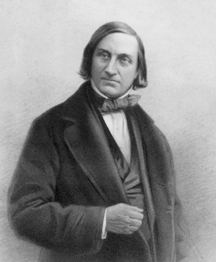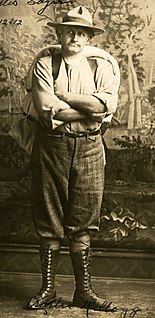A Quote by Edward Forbes
The naturalists of our own time hold equal faith in the wonders of the sea, but seek therein rather for the links of nature's chain than for apparent exceptions.
Related Quotes
The Best Things In Life Are Free Sunshine, songs of birds, the blue heavens, sunrise, the sea air, the field full of flowers, the wonders of nature, the magenta sunset, love, joy, peace of mind, the wonders of nature, the warm rain, the dew of the roses, the love of God, etc., are here for our enjoyment.
We go to sea repeatedly from Melville's time on - and the image of men at sea, like the image of men in the wilderness, seems to me to be almost an archetypal image of human beings on their own, human beings making their own way, guiding themselves by the stars they can see - rather than by faith or prayer or invisible forces.
Understanding human nature must be the basis of any real improvement in human life. Science has done wonders in mastering the laws of the physical world, but our own nature is much less understood, as yet, than the nature of stars and electrons. When science learns to understand human nature, it will be able to bring a happiness into our lives which machines and the physical sciences have failed to create.
When we sit, we open our own treasure house. Rather than do this, however, most of us first seek to find the treasures another person can provide. We calculate their value to us. When we approach relationships in this manner, we are coming as beggars, seeing the other as a source of supply. When we can enter a relationship with our treasure house already open, there is no end to the wonders we can find, both within and between ourselves and another.
Nature has endowed the earth with glorious wonders and vast resources that we may use for our own ends. Regardless of our tastes or our way of living, there are none that present more variations to tax our imagination than the soil, and certainly none so important to our ancestors, to ourselves, and to our children.
Grant us a common faith that we shall know bread and peace-that we shall know justice and righteousness, freedom and security, an equal opportunity and an equal chance to do our best not only in our own lands, but throughout the world. And in that faith let us march toward the clean world our hands can make.
Our ingenuity in feeding ourselves is prodigious, but at various points our technologies come into conflict with nature's ways of doing things, as when we seek to maximize efficiency by planting crops or raising animals in vast mono-cultures. This is something nature never does, always and for good reasons practicing diversity instead. A great many of the health and environmental problems created by our food system owe to our attempts to oversimplify nature's complexities, at both the growing and the eating ends of our food chain.
The naturalists have been engaged in thinking about Nature. They have not attended to the fact that they were thinking. The moment one attends to this it is obvious that one's own thinking cannot be merely a natural event, and that therefore something other than nature exists. The Supernatural is not remote or abstruse; it is a matter of daily and hourly experience, as intimate as breathing.




































